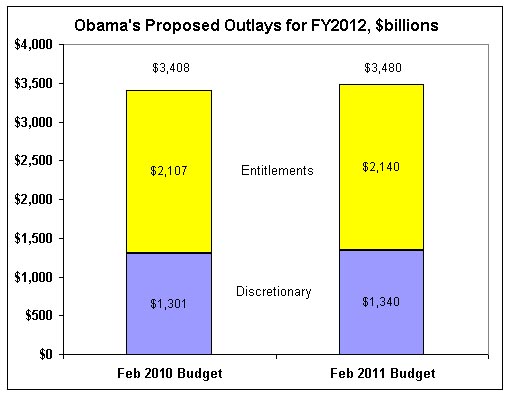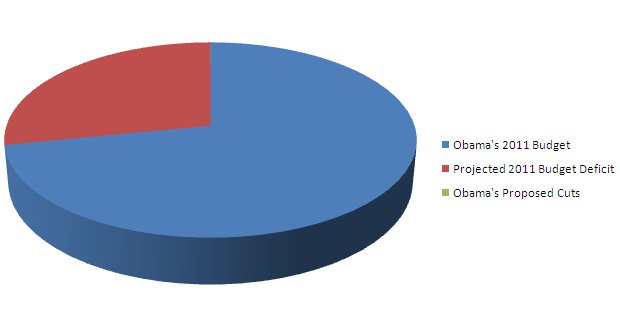04-28-2010

Permalink


The Examiner
|
Subject: What Is The Tea Party Movement Really All About?
In a recent OpEd piece in the Washington Examiner titled,
Media still clueless about Tea
Parties, author Noemie Emery ponders the media's
disingenuous "confusion" over the nature of the Tea Party
participants, wondering why they classify us as irrationally angry,
uncaring, fear mongering, racist, misogynist, ignorant rabble,
aggrieved elite, populists, and above all, unappreciative for all of
the great things that are being done for us by our government. She
then correctly identifies that there is no mystery here and that Tea
Partiers are upset at the massive increase in the national debt,
fearing that it has become unsustainable.
While I agree with her point, and appreciate he having correctly
identified this issue, I do not believe that she has squarely hit the
the target with her analysis. Here is my response to her piece.
Noemie:
I agree with you that there is great concern by many regarding
the rapidly increasing size of the national debt and the
crippling inflationary impact it will soon impose upon the
entire U.S. economy. But you do a huge disservice to the Tea
Party movement when you focus on this single issue. While the
economic impact of debt and taxes is certainly a big issue,
there is another matter of even greater importance — that
being the issue of the wholesale erosion of individual rights
which is being imposed at breakneck speed by the current
administration. If you attend any Tea Party rally, you will
almost certainly hear more talk and see more signs directed
at issues of liberty ("Don't Tread on Me"), opposition
to socialism ("Socialism is not Freedom"), demands for
our government to adhere to the principles embodied in the
U.S. Constitution, quotes from the Declaration of
Independence, demands to cut the size of government,
defenders of property rights, opposition to entitlement
programs, protests over the nationalization of industries,
anger over earmark and underhanded tactics use to pass
legislation, disgust with the lack of the personal character
of our elected representatives, demands to repeal the health
care bill, and quotes from Ayn Rand and her novel Atlas
Shrugged. At heart, the Tea Party is first and foremost
a movement targeted at individual liberty and a demand for the
restitution of the rights of all citizens to their life,
liberty, property and the pursuit of their own happiness as
they define it for themselves.
The reason that Barack Obama, the other government officials,
along with the rest of the progressive left and the main stream
media do not "get" what the Tea Parties are all about is
because it is actually a moral movement concerned
with the principles which define the true nature of the
individual and the proper relationship between individual
citizens and their government in a free society, where the
initiation of force is barred. Many Tea Party participants are
standing up for the same universal principles which informed
the Founding Fathers in creating this country, and which apply
today with the same force as they did over 200 years ago. It
is no wonder that the outsiders sit around scratching their
heads in amazement and grope about for possible explanations of
our "ungrateful" behavior, because they are steeped in a
philosophy of amoral pragmatism which knows nothing of
principles used to guide us towards correct choices and
behavior.
By acting in such a reckless and cavalier manner with respect
to the personal rights of American citizens, Barack Obama has
done us the great service of making the moral choice between
freedom and totalitarianism crystal clear for a large segment
of the population. And this is the real meaning
of the Tea Party movement and the simple key required to unlock
an understanding of its purpose, its goals, and its ultimate
power, which will become first evident this November,
regardless of how many avert their eyes (and minds) by sticking
their heads into the sand.
Regards,
--
C. Jeffery Small
|
|








